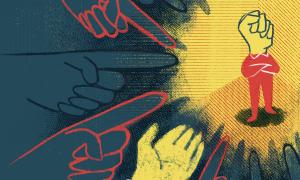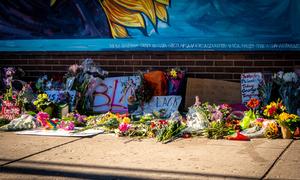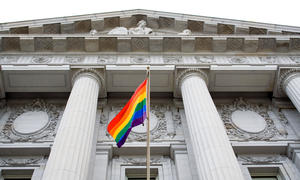text
Informational
Freedom's Main Line
One of the earliest assaults on segregated transit in the South occurred in Louisville, Ky., in 1870-71. There, the city’s black community organized a successful protest that relied on nonviolent direct action, a tactic that would give shape to the modern civil rights movement nearly a century later.
December 6, 2017






